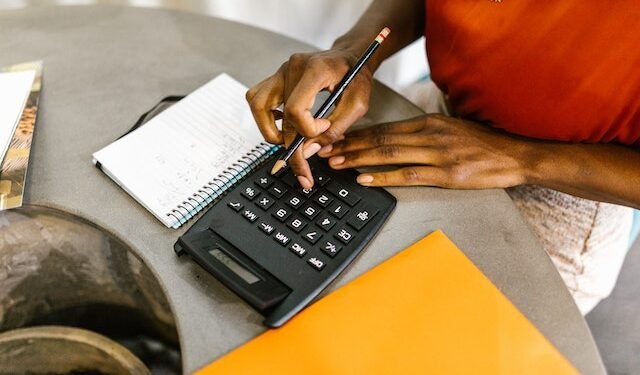How to Make the Best Budget Possible

The high inflation rate has left many feeling strained, as managing expenses is becoming increasingly difficult. If you are also in the same boat, it is time to consider making some changes to improve your situation.
While it may not be easily possible to generate additional income streams, one thing you can start doing right away is to make a budget and stick to it. It will enable you to take charge of your money by helping you plan your expenses, giving you an idea of your spending habits, and enabling you to avoid overspending.
Tips for Creating an Optimal Budget
The basic goal of any budget is to avoid spending more than you earn. While a seemingly simple objective, it can become quite complicated when you sit down and compute your expenses and start wondering “Who can help me budget my money?” There are various approaches to making a budget to make it easier, and you must consider one according to your priorities, inclinations, and objectives.
Determine Your Budgeting Objectives
Before you make a budget, ask yourself what you seek to accomplish from making a budget. Saving money just for the sake of it does not suffice as a goal you should consider for budgeting. Whether short or long-term, you must have specific reasons to plan your expenditures and savings.
Whatever objectives you set must be realistic, achievable, and time-bound so you have a clear aim in mind when making a budget. These could include paying off existing debt, saving for a vacation, or bigger goals like saving for a house or putting up a retirement fund to have a good quality of life once you stop working.
Besides the objective to control your spending and increase savings, you must have certain tangible goals in mind so that you know and commit to what you want to achieve through budgeting.
Calculate And Categorize Your Expenses
Once you have a clear goal in mind that you want to achieve through budgeting, it is time to proceed to the next step. Understand your income and calculate your expenses to draw a comparison and have a clear picture of where you stand financially.
Use your bank and credit card statements for the past few months to determine how much you spend every month. Divide the expenses into respective categories to get an idea of how much you spend on the necessary items and how much on others, i.e., your fixed and variable expenses.
The number of categories you create will depend on the nature of your spending. The fixed elements usually include your rental expense, utility bills, grocery and fuel expenses, credit card and insurance payments, etc.
A detailed categorization of your spending will help you better understand where and how much money is spent monthly. However, you must make categories that are easy to manage and keep track of, so you can keep up the practice every month. If you have any significant annual expenses like tax bills or car registration, plan for them to avoid having a drastic impact on your monthly expenses.
Track How You Spend Your Money
Besides your fixed expenses, you must also take into account optional spending, usually incurred for lifestyle habits like entertainment or eating out. While the fixed expenses remain almost the same every month, these variable expenses fluctuate. Hence, without monitoring these, you cannot track how much money you spend on average monthly.
Keeping track of average expenses will give you an idea of where the money went. This way, you can revisit your spending habits and consider where to cut back to achieve the goals you set before making your budget.
Choose A Budgeting Plan
Once you have all the basics for making a budget, you must pick a plan that resonates with your priorities and lifestyle. One of the most commonly followed methods is the 50/30/20 method. As per this method, you spend 50% of your income on fixed expenses, 30% on your lifestyle choices, and 20% on your savings, emergency funds, or debt.
Another budget method is to have two accounts, whereby you deposit the amount for your fixed expenses in one account and the amount for variable expenses in the other.
Alternatively, you can go the conventional route and use envelopes to allocate money for spending on each category. However, some bills are paid online, so you must consider that while using this method.
Conclusion
Making a budget puts you in charge of your finances and lets you plan for your future. While the future is unpredictable, having some form of control over your circumstances will reduce your apprehensions about what is to come.
You will eventually be able to look at the bigger picture and think beyond managing your livelihood on a paycheck. You may be able to have more money for things you want to spend on and also set realistic plans for goals you could only dream about earlier.
However, for any plan to work, it is important to stay consistent and continue the practice every month so you can achieve your goals in the long run.






